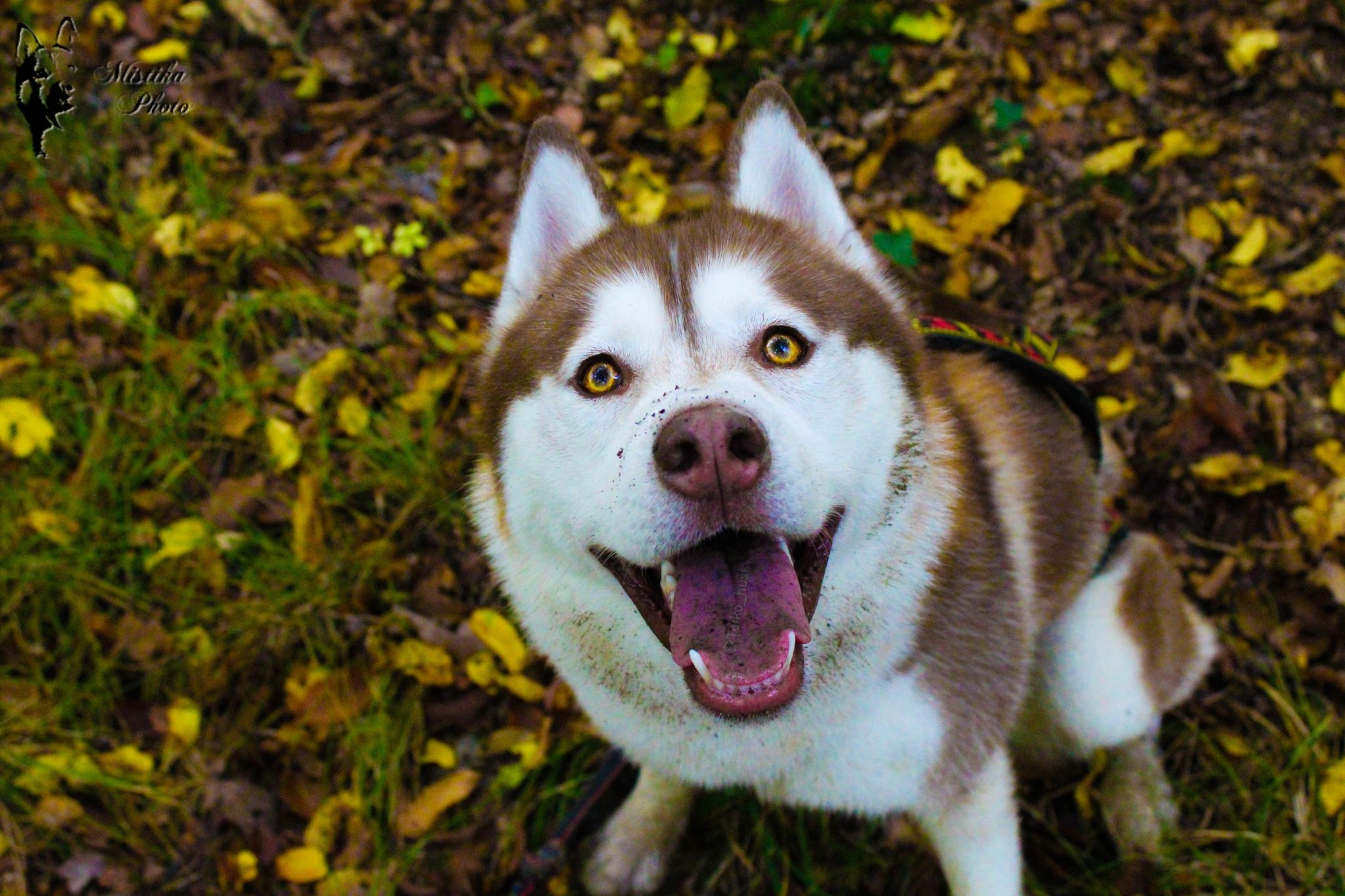Some may not actually find this as news at all, The fact that dog behavior can be linked to genetic differences between breeds and to others the proof that this is true will be a vindication for a long thought hunch. Most dogs can display similar behaviors however they can represent different things. For example, my huskies love to dig, in an arctic climate they would be digging to find a warm spot underground to sleep in. A dachshund is another breed that loves to dig, however, this is because they were specifically bred to dig into tunnels and hunt badgers. Many of examples of behaviors can be seen with very different reasons. To learn more about the connection between DNA and behavior check out the article below!

Dog breeds really do have distinct personalities—and they’re rooted in DNA
By Elizabeth Pennisi
American Kennel Club descriptions of dog breeds can read like online dating profiles: The border collie is a workaholic; the German shepherd will put its life on the line for loved ones. Now, in the most comprehensive study of its kind to date, scientists have shown that such distinct breed traits are actually rooted in a dog’s genes. The findings may shed light on human behaviors as well.
“It’s a huge advance,” says Elaine Ostrander, a mammalian geneticist at the National Human Genome Research Institute in Bethesda, Maryland, who was not involved with the work. “It’s a finite number of genes, and a lot of them do make sense.”
When the dog genome was sequenced in 2005, scientists thought they would quickly be able to pin down the genes that give every breed its hallmark personality. But they found so much variation even within a breed that they could never study enough dogs to get meaningful results.
So in the new study, Evan MacLean, a comparative psychologist at the University of Arizona in Tucson, and colleagues began by looking at behavioral data for about 14,000 dogs from 101 breeds. The analyses come from the Canine Behavioral Assessment & Research Questionnaire(C-BARQ), a sort of pet personality quiz developed by James Serpell, an ethologist at the University of Pennsylvania. C-BARQ asks questions like, “What does your dog do when a stranger comes to the door?” to allow owners to objectively characterize 14 aspects of their pet’s personalities, including trainability, attachment, and aggression. Since the survey was developed in 2003, more than 50,000 owners have participated.
The team matched up these behavioral data for each breed with genetic data about breeds from different sets of dogs. They didn’t look at genetic and behavioral data for individual dogs, but rather averages across a specific breed. In all, the team identified 131 places in a dog’s DNA that may help shape 14 key personality traits. Together, these DNA regions explain about 15% of a dog breed’s personality, with each exerting only a small effect. Trainability, chasing, and a tendency to be aggressive toward strangers were the most highly heritable traits, the scientists report in a paper posted this month on the preprint server bioRxiv.
The locations of these DNA hot spots make sense: Some are within or close to genes tied to aggression in humans, for example, whereas DNA associated with the dog’s level of trainability is found in genes that in humans are associated with intelligence and information processing.
The findings suggest behavior is guided by the same genes in many species, MacLean says. And if, for example, genes underlying anxiety in dogs lead to those same genes in people, that discovery may ultimately lead to better treatments for anxiety-related disorders, Serpell says. “These are the kinds of things we can see in the future.”
Because the genetic and behavioral data come from different sets of dogs, the work cannot link a breed’s specific behavioral tendencies to any one gene. “This paper doesn’t call out any particular breed for its behavior. It relies on behaviors that are found in many breeds,” says Heidi Parker, a genome scientist at the National Human Genome Research Institute who, with Ostrander, pioneered some of the early work on dog genomes.
Read More at ScienceMag
Knugroup is a Pet Nutraceutical Company Started by V.M.D Dr. Richard Baird, a practicing veterinarian in Uniontown Pennsylvania with over 40 years of experience. For more information Click here


Recent Comments